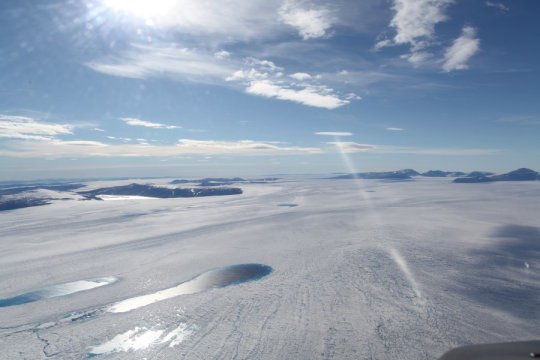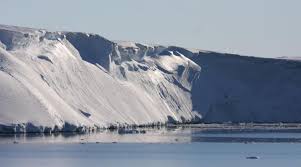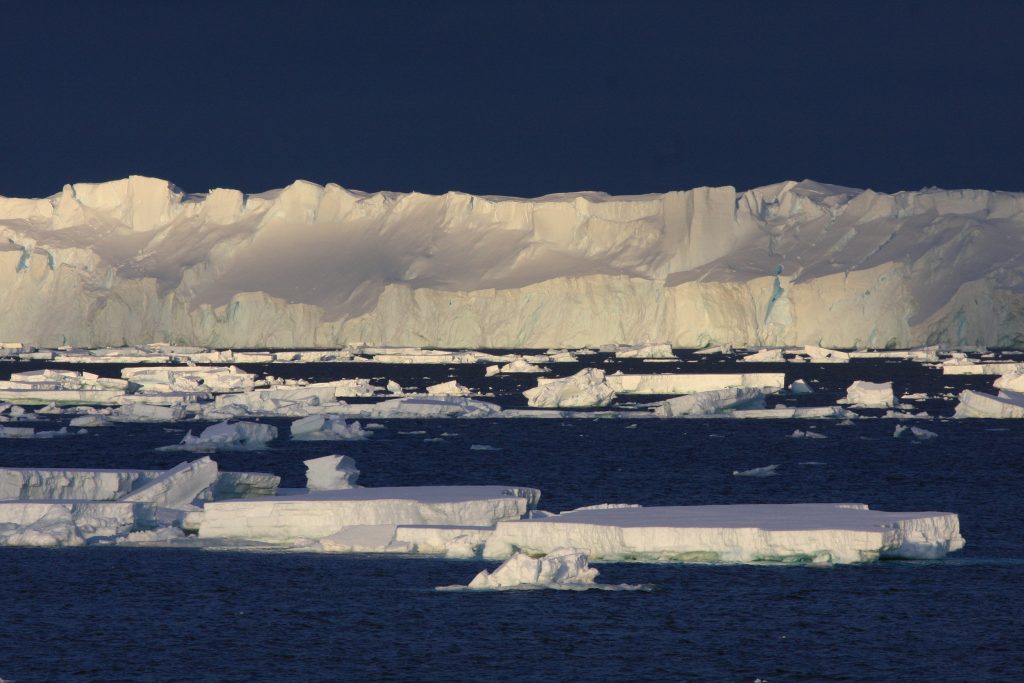The Earth’s climate, it seems, isn’t listening to the politicians that are insisting it’s not warming. The temperature continues to rise incrementally, and the globe’s…

Ice sheet
The ice sheet covering Greenland is four times bigger than California -- and holds enough water to raise global sea-level more than twenty feet if…

The same hotspot in Earth's mantle that feeds Iceland's active volcanoes has been playing a trick on the scientists who are trying to measure how…

LONDON, 21 May, 2016 – One of Antarctica’s great glaciers could become unstable if global warming continues at the present pace. As warm seas wash…
An interesting question is, what are you waiting for? Global warming is the biggest problem we’ve ever faced as a civilisation — certainly you want…

A dusty film of pollution is muting the reflective whiteness of Greenland’s pristine icecap and making it vulnerable to accelerated melting rates. Greenland is getting…

Greenhouse gases could tip the Earth – or at least a planet like Earth, orbiting a star very like the Sun – into a runaway…

Clouds play a bigger role in the melting of the Greenland ice sheet than was previously assumed. Compared to clear skies, clouds enhance the meltwater…

TORONTO, January 4, 2016 - The Greenland ice sheet has traditionally been pictured as a bit of a sponge for glacier meltwater, but new research…

Just a few more decades of ocean warming would be enough to destabilise the relatively small region of ice by the Amundsen Sea − starting…

'What we call the eternal ice of Antarctica unfortunately turns out not to be eternal at all,' says lead author of new study A new…

New research underway indicates that at least three feet of global sea level rise is near certain, NASA scientists warned Wednesday. That's the higher range…
